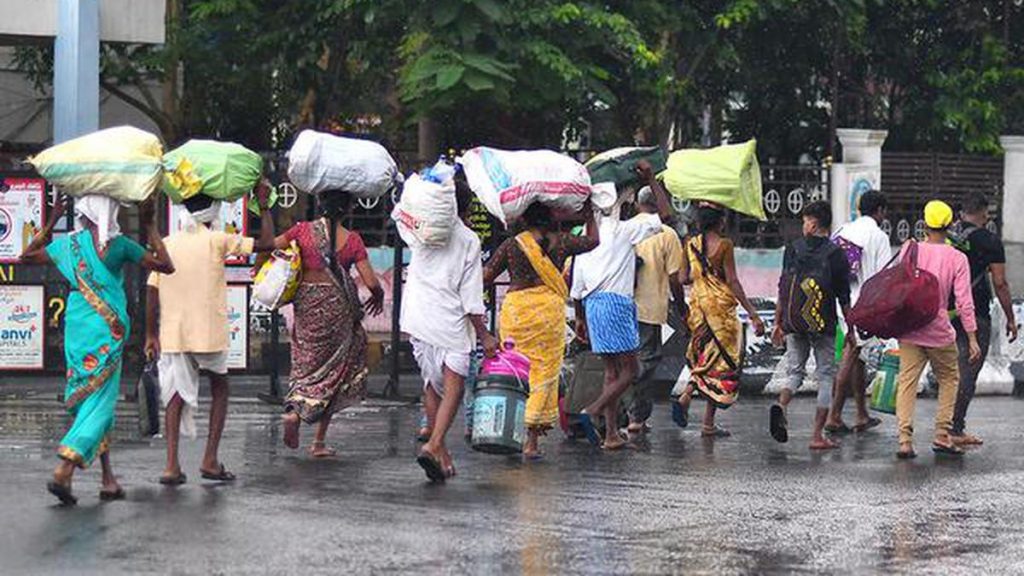The Odisha government has issued a total of 4,900 licenses for migrant workers over the past five years, reflecting the state’s efforts to regulate and monitor labour migration. Labour and Employees’ State Insurance Minister Ganesh Ram SinghKhuntia provided a comprehensive breakdown of these licenses in the state assembly, highlighting annual variations in issuance and the number of workers covered under each license. His statement underscored the government’s ongoing commitment to overseeing migrant labour and ensuring the well-being of workers moving out of the state for employment opportunities.
In 2019, the state granted 801 licenses, covering a total of 51,808 migrant workers. This marked the beginning of a structured approach to labour migration management. The numbers fluctuated over the years, with 2021 seeing a significant drop in issued licenses, down to 365, covering 24,633 workers. However, in 2022, there was a sharp increase, with the government issuing 1,466 licenses, covering 94,482 workers, indicating a rise in labour migration during that period. The trend continued with 1,231 licenses issued for 81,232 workers in 2023, followed by 1,037 licenses covering 70,142 workers in 2024. These figures highlight changing migration patterns, influenced by economic conditions, employment demand in other states, and policies aimed at regulating labour movement.
To provide deeper insights into migration trends, the government has published a district-wise breakdown, identifying the regions that contribute most significantly to the migrant workforce. This data helps policymakers and labour officials develop targeted interventions to support migrant workers and ensure their protection. Certain districts in Odisha have historically been hubs for labour migration, and the government is using this information to refine strategies that address local employment needs and reduce distress migration.
Minister SinghKhuntia reaffirmed the state’s commitment to ensuring the safety and welfare of inter-state migrant workers through the enforcement of the State Action Plan for the Safety and Welfare of Inter-State Migrant Workers. This plan includes a range of measures designed to protect labourers, improve working conditions, and provide assistance to those facing exploitation or hardship in their destination states. The government’s proactive approach aims to safeguard the rights of workers and ensure they receive fair wages, proper working conditions, and access to welfare benefits.
To further strengthen these efforts, a State-Level Task Force, chaired by the Deputy Chief Minister, has been established. This high-level committee has been actively engaged in discussions with various departments to formulate policies that address the challenges associated with distress migration. The Task Force has convened multiple meetings with key officials, reviewing existing policies, assessing the effectiveness of current programs, and proposing new measures to enhance labou
r protections. The focus remains on reducing unregulated migration, preventing worker exploitation, and providing adequate support mechanisms for those seeking employment outside Odisha.
As migration remains an integral part of Odisha’s labour dynamics, the government’s approach reflects a balanced effort to facilitate legal migration while prioritizing worker welfare. Through continuous monitoring, policy enhancements, and coordinated action, Odisha aims to create a more secure and supportive environment for its migrant workforce, ensuring their rights and dignity are upheld in both sending and receiving states.

